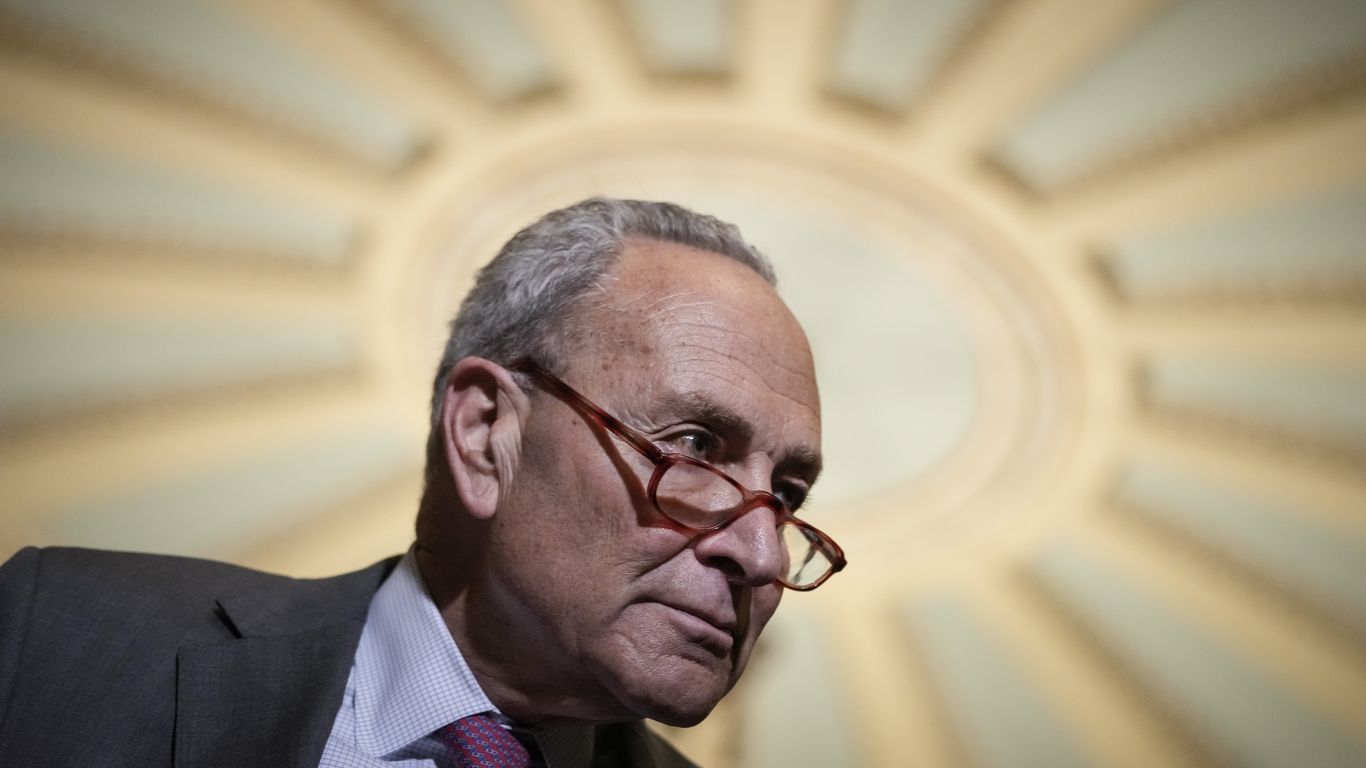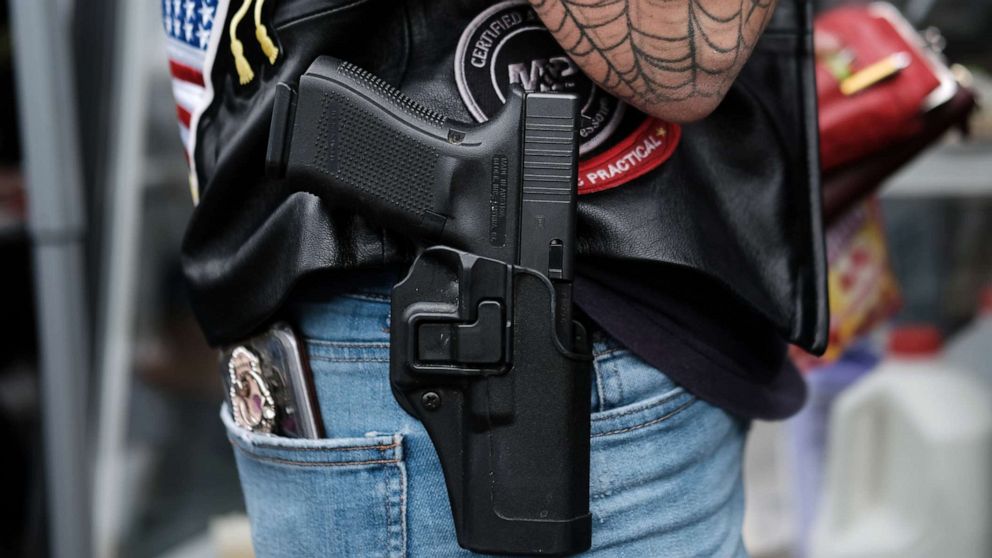The hell they ain't Moon Bat.
The Constitution is the supreme law of the land and it says very clearly that the right to keep and bear arms shall not be infringed.
If the state puts limitations on the right to keep and bear arms then it sure as hell is an infringement and it is fucking illegal as hell.
Just because we let the butt pirates get away with it doesn't mean it is any less illegal.
You have human rights
Human rights are rights inherent to all human beings, regardless of race, sex, nationality, ethnicity, language, religion, or any other status. Human rights include the right to life and liberty, freedom from slavery and torture, freedom of opinion and expression, the right to work and education, and many more. Everyone is entitled to these rights, without discrimination.
You have constitutional rights because some politicians wrote the constitution. So politicians can alter the constitution if there are flaws in it. Or add things. Or amend things. Right? Or clarify. Because you aren't a well regulated militia. And they never said how powerful the guns could be. Or how old you had to be. They had muzzle loaders back then.
In the bitter
debate over gun control, battle lines are often drawn around the Second Amendment, with many in favor of gun rights pointing to it as the source of their constitutional authority to bear arms, and some in favor of tighter gun control disagreeing with that interpretation.
But if the purpose of the debate is to reduce the tragic
human toll of gun violence, the focus on Second Amendment is often misplaced, according to many experts on guns and the Constitution.
Adam Winkler, a professor of law at the UCLA School of Law, also said the Second Amendment is losing its legal relevance in distinguishing lawful policies from unlawful ones as the gap between what he calls the "judicial Second Amendment" and the "aspirational Second Amendment" widens.
Winkler defines the "judicial Second Amendment" as how courts interpret the constitutional provision in their decisions, and the "aspirational Second Amendment" as how the amendment is used in political dialogue. The latter is "far more hostile to gun laws than the judicial one," he said -- and also more prevalent.
"State law is embracing such a robust, anti-regulatory view of the right to keep and bear arms that the judicial Second Amendment, at least as currently construed, seems likely to have less and less to say about the shape of America's gun laws."
"In the judicial Second Amendment, gun rights advocates haven't found that much protection," Winkler said. "Where they found protection was by getting state legislatures, in the name of the Second Amendment, to legislate for permissive gun laws."
The Second Amendment of the U.S. Constitution reads in full:
"A well-regulated militia, being necessary to the security of a free State, the right of the people to keep and bear Arms, shall not be infringed."
The role of the Second Amendment, like many
constitutional rights, is to put limits on what regulations the federal government can pass, and scholars and lawyers have debated its scope since it was ratified in 1791.
Before the U.S. Supreme Court's landmark
District of Columbia v. Heller decision in 2008, much of the debate revolved around the meaning of a "well-regulated militia." The Heller decision struck down a handgun ban in Washington, D.C., and established the right for individuals to have a gun for certain private purposes including self-defense in the home. The court expanded private gun ownership protection two years later in
McDonald v. City of Chicago, determining that state and local governments are also bound to the Second Amendment.
"The Bill of Rights,
by its terms, only applies to the federal government, but the Supreme Court, through a doctrine known as incorporation, has made almost all of its guarantees applicable against state and local governments as well. That's what the question was in McDonald," Blocher said. "But some states have chosen to go above and beyond what the court laid out."
Notably, the court in Heller carved out limitations on that individual right and preserved a relatively broad range of possible gun regulation -- such as allowing for their restriction in government buildings, schools and polling places -- but in many instances, state legislatures have decided not to use the authority that the court has granted them.
"Most states have chosen not to use their full regulatory authority," Blocher said. "If a state decides not to forbid people from having large-capacity magazines, for instance, that doesn't necessarily result in a law. It can be the absence of a law that has the most impact."
The Second Amendment is often misplaced and overrated in the debate over guns in America, according to many experts on guns and the Constitution.

abcnews.go.com

